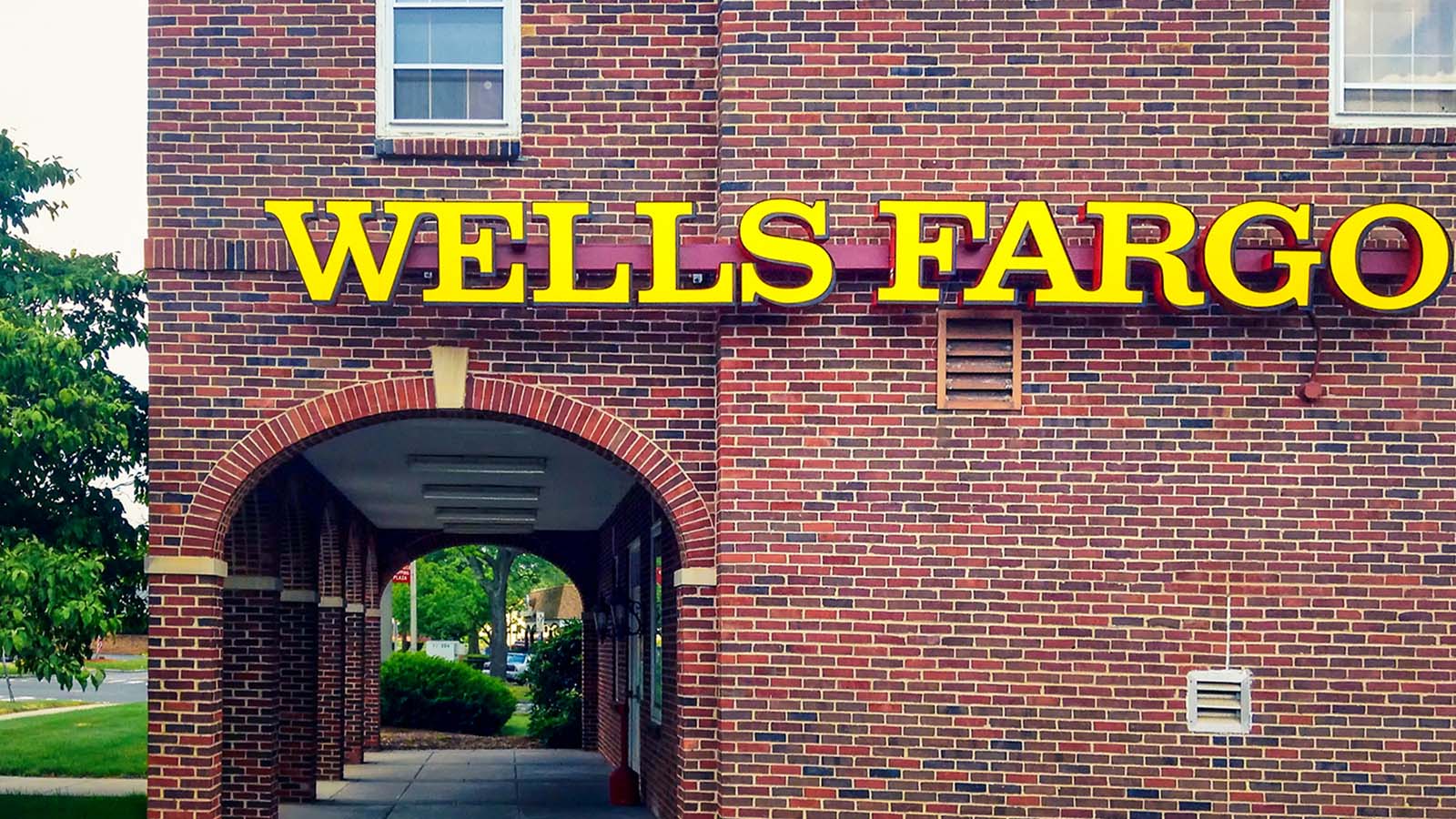Even in the midst of the second — and possibly third — wave of the novel coronavirus, many investors are hunting for a perfect “recovery trade.” Beaten-down banks like Wells Fargo (NYSE:WFC) might seem like a good candidate for an investment. After all, WFC stock is “cheap,” right?

The thing is, we have to remember that a low price doesn’t mean that a stock is worth buying. A famous Warren Buffett quote says, “price is what you pay; value is what you get.”
In other words, just because the WFC stock price is low, that doesn’t necessarily mean it offers a good value to investors. Sometimes, a stock is cheap for good reasons and might stay cheap for a long time.
If you’re considering buying this stock today, I’m glad that you found this article. Some recent developments suggest that Wells Fargo is still a troubled company. And the last thing your portfolio needs right now is a big bank’s persistent problems.
WFC stock currently has an “F” rating in my Portfolio Grader.
WFC Stock at a Glance
We talked about value, so now let’s address the related concept of valuation. It’s tempting to view WFC stock as a bargain, but a closer look at the stock might tell a different story.
Specifically, the trailing-12-month price-to-earnings (P/E) ratio of WFC stock is approximately 67. One would think that during an economic recession, the P/E ratio would be lower than that. Besides, that P/E ratio isn’t particularly competitive among Wells Fargo’s banking-sector peers.
Now turning our attention to the price action, it’s evident that the bears are still in control of WFC stock. As an investment, WFC shares haven’t kept up with major stock-market indexes like the S&P 500 and the Dow Jones Industrial Average in 2020.
Thus, no matter how you view WFC stock, it’s difficult to find light at the end of the tunnel. Whether you’re a momentum trader or a value investor, WFC simply isn’t your best pick.
Layoffs Coming
When people ask about red flags to look for in their investments, potential large-scale layoffs are definitely near the top of the list.
That’s one of the reasons it’s always a good idea to check InvestorPlace for updates like the one that contributor William White recently provided about Wells Fargo’s reportedly planned layoffs.
It’s unnerving that the public found out about the proposed layoffs through a media leak rather than an official statement from Wells Fargo. This doesn’t bode well for the company, its employees or its shareholders.
After the leak, Wells Fargo did admit that it “will have workforce reductions in most geographies across [its] footprint and nearly all of [its] business lines and functions.”
John Connaughton, an economics professor at UNC-Charlotte, seemed to interpret the imminent round of layoffs as indicative of deeper systemic problems at Wells Fargo:
“You would have thought when that happened they would have taken a good hard look inside and made some substantial changes and done a lot of analysis of ‘what’s wrong with our management setup?’ And two, ‘what’s our overall plan going forward in terms of how we can be successful as a bank not being able to game the system?’ And they didn’t do any of that.”
The Controversy Continues
With that quote, Connaughton is making a thinly veiled reference to Wells Fargo’s alleged fraud scandals. Connaughton’s questions pertain to how Wells Fargo plans to turn its ship around, ethically and fiscally.
Unfortunately, satisfactory responses to those questions have yet to be provided by Wells Fargo. Until those answers are provided, WFC stock holders might have a tough road ahead of them.
Meanwhile, Wells Fargo is still plagued by scandal and controversy. Just recently, the U.S. Securities and Exchange Commission (SEC) charged former CEO John Stumpf and another top Wells Fargo executive with intentionally misleading investors.
According to the SEC’s charges, Stumpf failed to assure the accuracy of Wells Fargo’s sales metrics. Moreover, Stumpf and former community bank head Carrie Tolsted may have signed documents containing misleading statements.
In response, Wells Fargo claimed that it didn’t have “appropriate people, structure, processes, controls, or culture to prevent the inappropriate conduct.” It’s entirely conceivable that neither the SEC nor the financial community will accept this excuse.
The Takeaway
One thing that you don’t need to add to your portfolio now is beaten-down WFC stock. Why add scandal and controversy to your holdings when it’s not necessary?
Most importantly, there’s a lesson to be learned here. The Buffett quote rings true today just as it always has. Wells Fargo might look like a bargain because it’s cheap. Yet, there’s a crucial difference between price and value.
Sure, the price of WFC stock might be low. That, however, doesn’t mean that there’s much value in it. Knowing this can help save a lot of investors from a whole lot of heartache.
On the date of publication, neither Louis Navellier nor the InvestorPlace Research Staff member primarily responsible for this article held (either directly or indirectly) any positions in the securities mentioned in this article.
Louis Navellier had an unconventional start, as a grad student who accidentally built a market-beating stock system — with returns rivaling even Warren Buffett. In his latest feat, Louis discovered the “Master Key” to profiting from the biggest tech revolution of this (or any) generation.
